Best Water Filters with Monitoring App: Top Choices for 2024
Hey, you know what’s essential for maintaining good health? Clean and safe drinking water! Water filters…
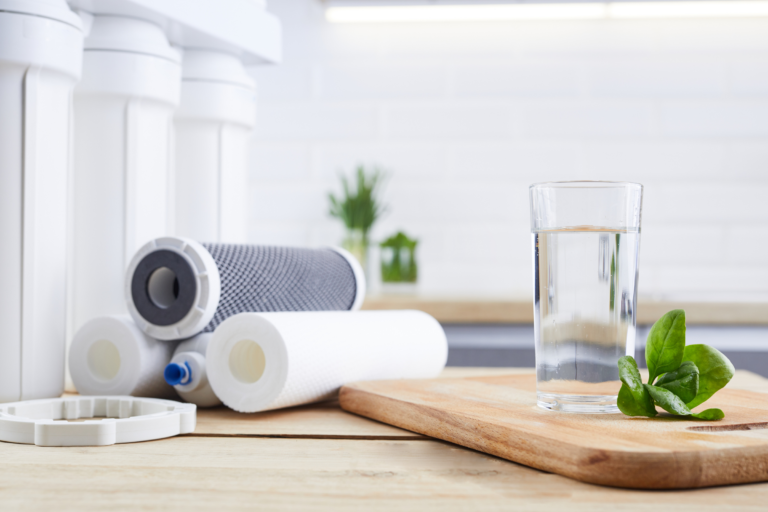
Hey, you know what’s essential for maintaining good health? Clean and safe drinking water! Water filters…

When buying stuff, you’ve got to factor in the shelf-life because that will help you know…
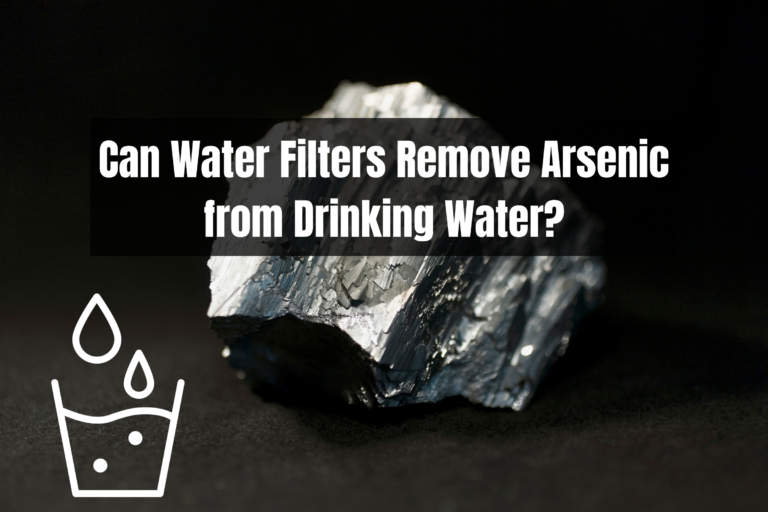
Arsenic is a naturally occurring metalloid element that is widely distributed in the environment and is the 20th…
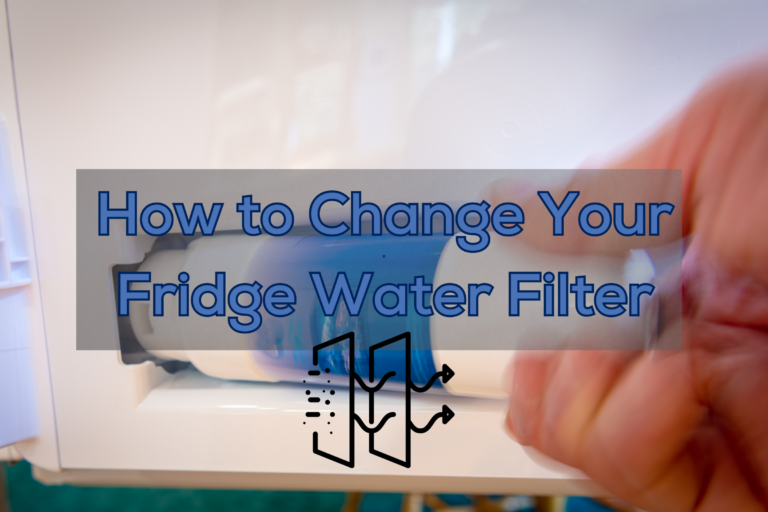
A fridge water filter is an important part of modern refrigeration. Since many people get their…
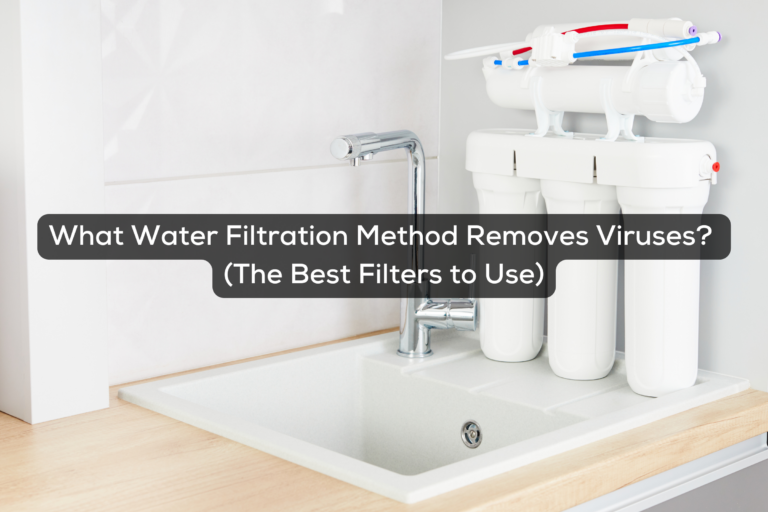
Infectious viruses can readily spread through water and cause illnesses. Some ailments caused by viruses include…
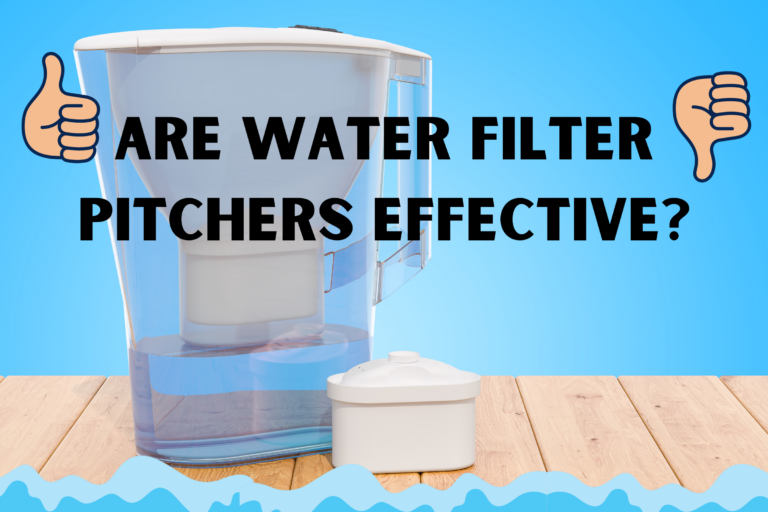
You have probably seen a lot of marketing campaigns about the benefits of water filter pitchers….

It’s not uncommon for tap water to taste…well…not the best. It’s hard to drink or cook…
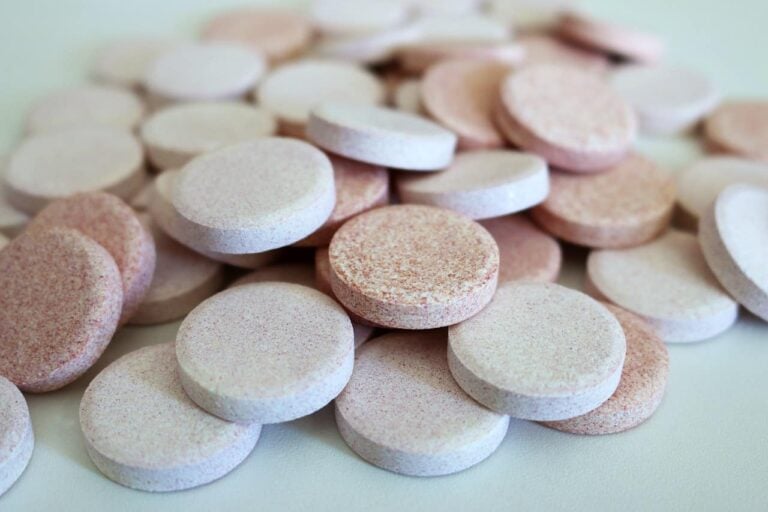
There is no greater buzzkill of your outdoor adventure than suddenly realizing you didn’t pack enough…

According to WHO, at least 2 billion people drink contaminated water daily. And to make matters…
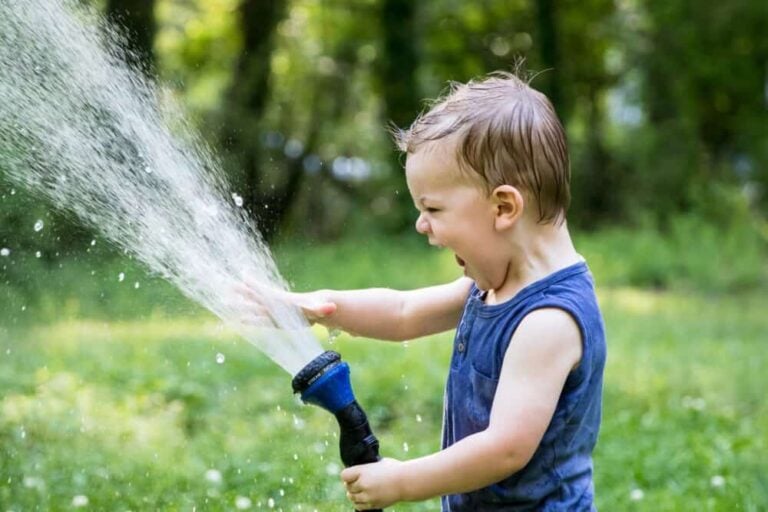
Taking a generous sip from your hose as you water your plants can seem like a…
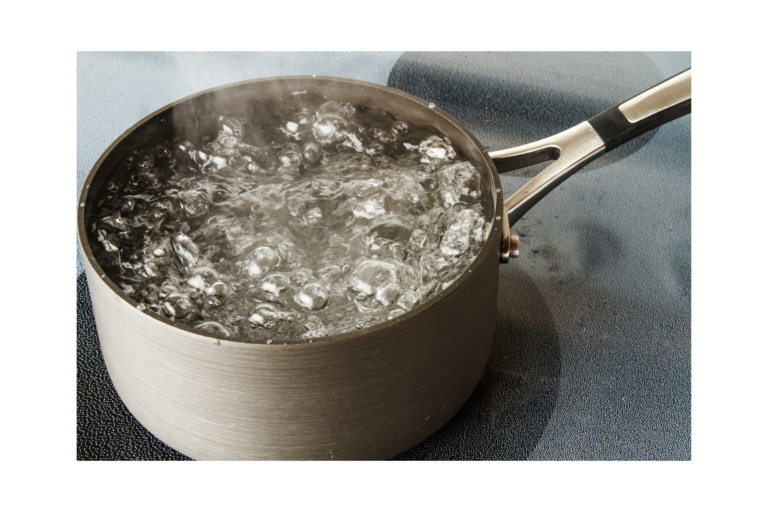
Have you ever wondered whether or not boiled water is the same as filtered water? Can…
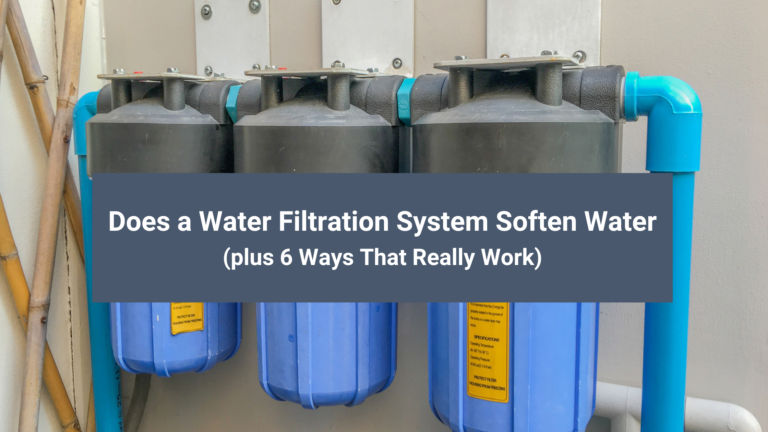
Water quality is just as important as its availability. Water filtration is the de facto choice…
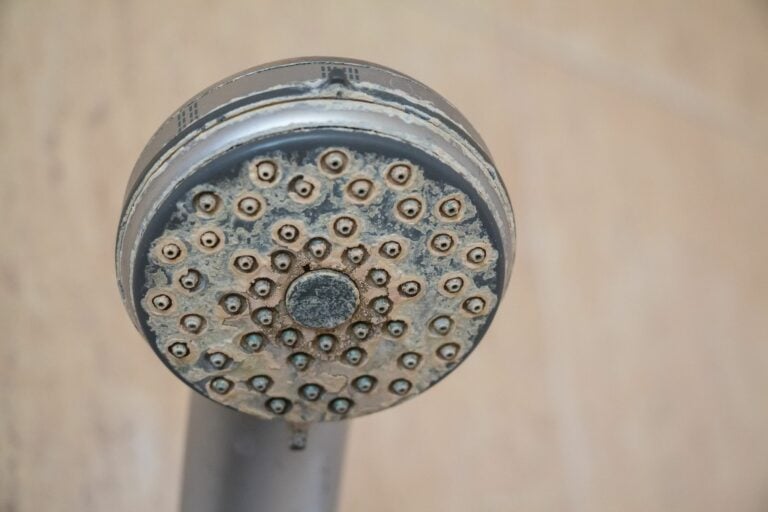
Calcium is a major cause of hardness in water, and its effects can be seen in…
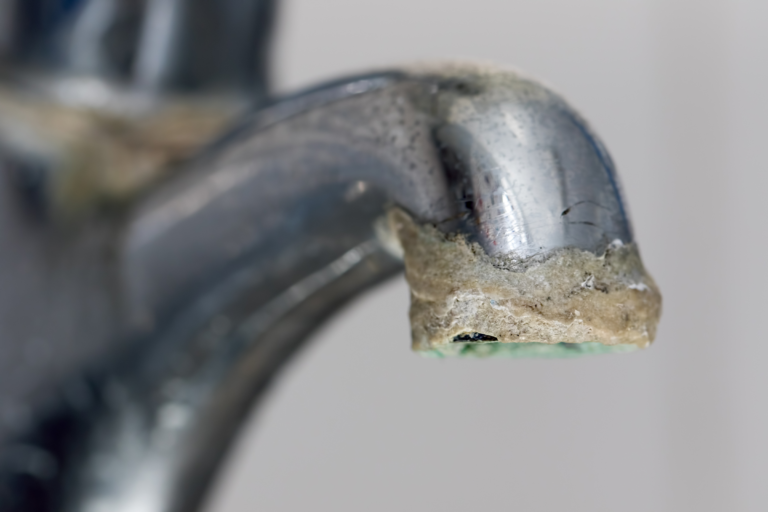
Limescale is a hard, chalky substance left on appliances when hard water evaporates. It contains calcium,…
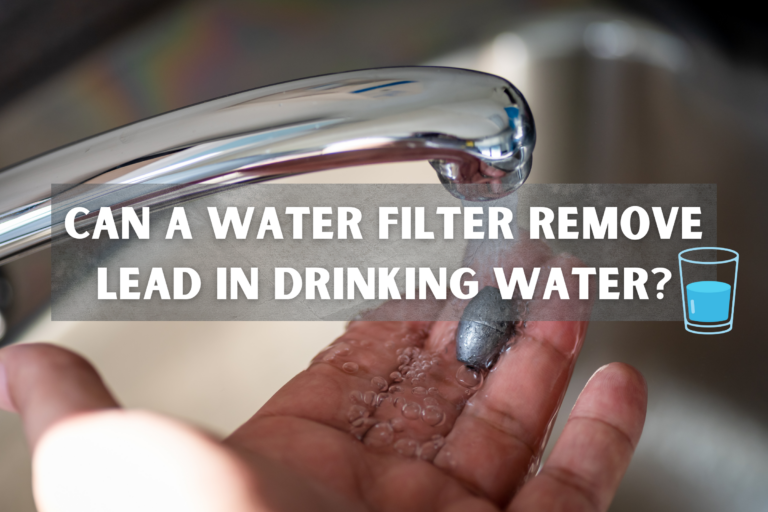
Both the EPA and CDC agree that lead is not good for children and adults. Homeowners…

If you’ve ever cracked open a rotten egg, you know exactly what sulfur smells like. While…
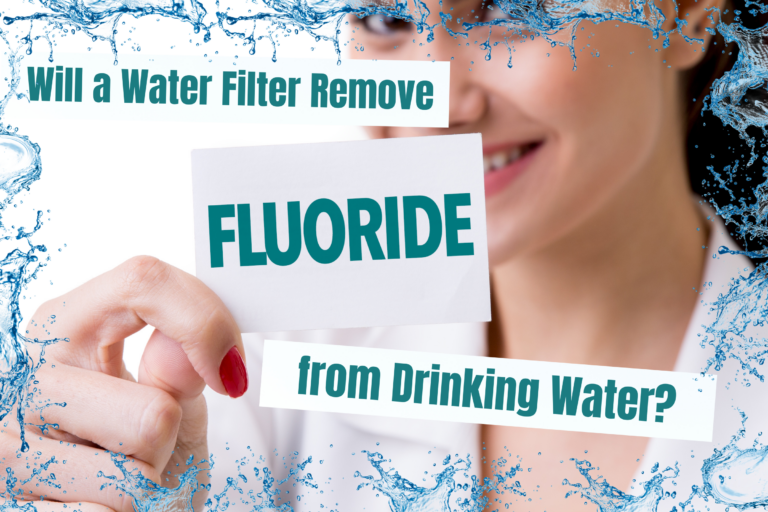
Fluoride is typically added to water, albeit in small concentrations, by most public water treatment facilities….
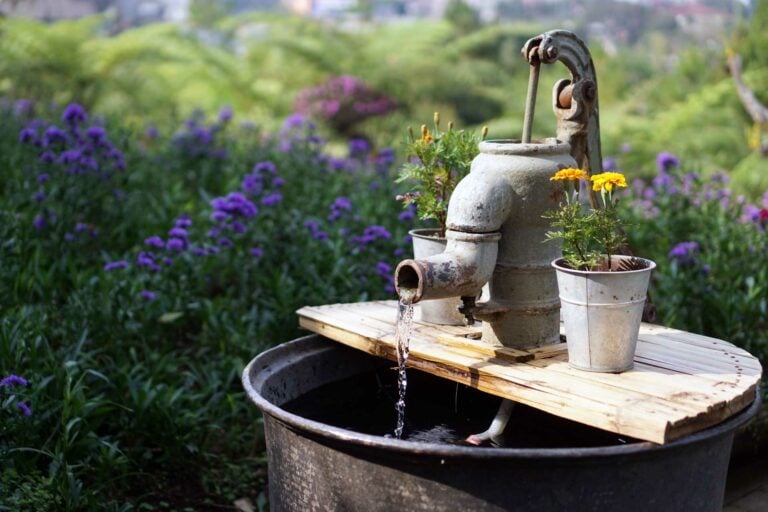
If you own a home or are considering purchasing a home with a well, you likely…